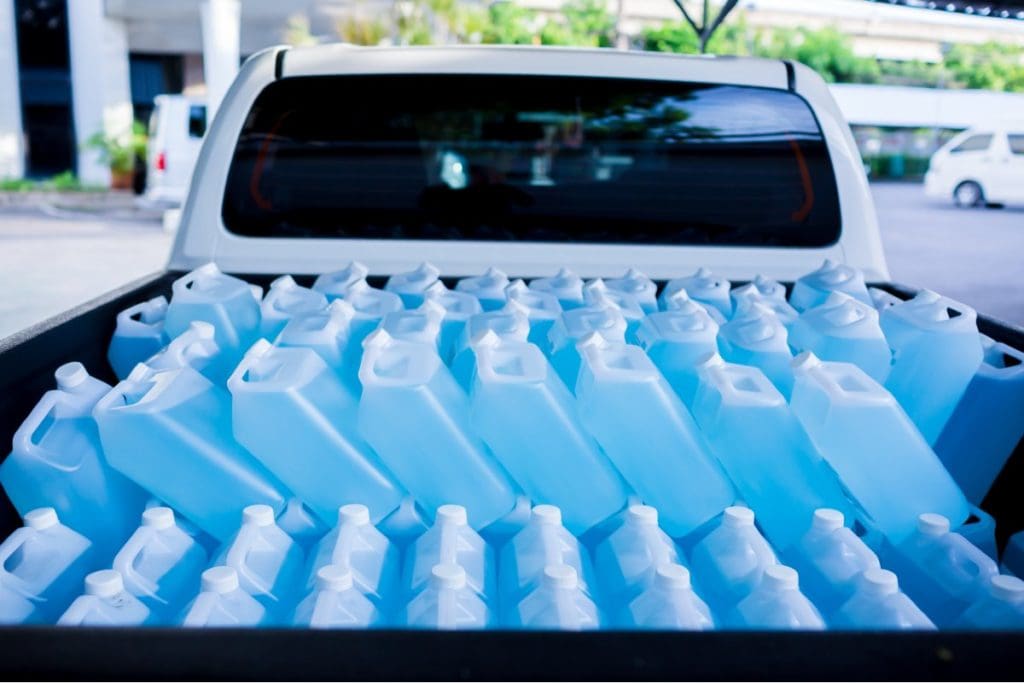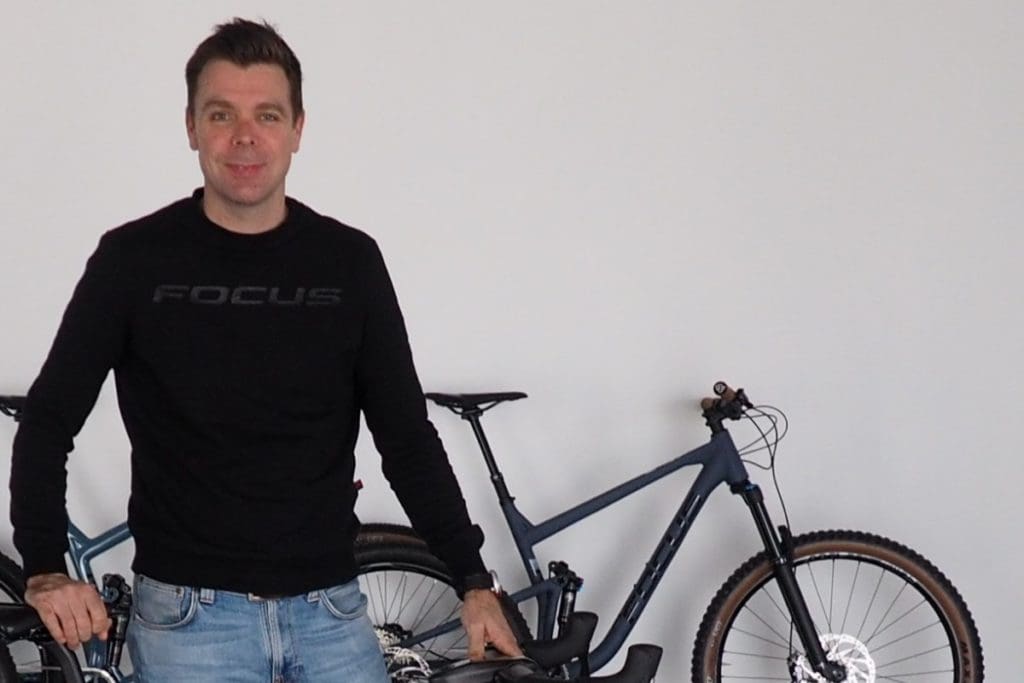“I Don’t Want Bikes to Become the Next Hand Sanitiser!”

We recently visited Pon.Bike Australia, the only major bicycle wholesaler to be headquartered in Adelaide, SA. Pon’s major bike brands include Focus, Cervélo and Kalkhoff.
It is a subsidiary of Pon Holdings, one of the Netherlands largest companies with over 12,000 employees worldwide and business units across automotive, bike and various industrial and engineering services.
Like all Australian bike importers, Pon.Bike Australia’s CEO Graeme Moffett has suddenly found himself playing a new game. Unlike previous years where challenges included how to more effectively gain market share or how to clear out old inventory with a minimum of pain, in 2020 those challenges have been replaced by how to most fairly share available supply amongst his existing dealer base whose demand far exceeds what any bike brand can currently deliver.

“It has been quite a six month period,” Graeme recalled. “I started in the bike industry in 1996 and I’ve never seen anything like it. We went through the Lance Armstrong boom, the Cadel Evans boom, the mountain bike boom in the late 90’s but it has been absolutely nuts since covid hit.
“It has been a big shot in the arm for the industry. It has highlighted to people that cycling is a great sport and it’s a great exercise activity that I can do safely on a bike path with my family.
“That has been a big increase – whole families going in and buying four or five bikes.
“I think that the period we’ve been through, whilst it has been extraordinarily difficult for a huge number of people, has highlighted spending time with your family, and bikes have helped that.
“A second area that we’ve seen benefit massively in the past six months is the development of the ebike category. We have been lagging, as a nation, what has been happening in Europe, but we’ve accelerated massively in the past six months. I think that’s hugely important for the growth of the sport, because whilst ebikes have had some stigma against them in some segments, I think that’s very much dwindling. Ultimately it gets more bums on bikes because it takes away part of the reason that people didn’t like riding and I think that’s hugely important.
“Finally, the other big thing is from a mobility perspective. Do I want to get on a crowded train or bus? Or do I want to get on a nice new ebike and ride to work, feel safe, get in the fresh air, have a bit of exercise? If I’m riding to work on an ebike I turn up, not sweaty, ready to go for the day and then get to ride home and feel good about it afterwards.
I think that’s been a massive driver for ebike sales.”
How Much Longer Until Supply Meets Demand?
“I think there are challenges everywhere. Our industry has relatively long lead times. It is relatively complex because most brands are not the manufacturer of every part on their bike and most brands are experiencing a boom. So you’ve got longer lead times. You’ve got anticipated lead times blowing out. You’ve got huge demand, globally, not just in one country or another.
“If you look at Victoria for example, this lockdown has gone on and gone on and gone on! People are looking at alternatives for things to do. That’s going to fuel the sale of bikes further (even after lockdown eases). Because people want to get out and do things and they want to forget what’s going on in the world.
“At the moment they can’t travel (to many places), they can’t do X or Y so I think that bike sales are going to continue to boom for a while. That’s going to put continued strain on supply.
“As a business we were quite lucky because we came off the back of a European summer and we’re a European company, so we were able to secure stock, particularly of ebikes, relatively early in the season. But the challenge now is that the demand is still there and a lot of what we’ve got coming is already presold, well into next year.
“Unfortunately that’s not going to be fixed any time soon. I see a lot of pent up, latent demand to come, because a lot of the bikes we have presold to retailers, we know they’ve already presold to consumers. So they’re not even hitting the shop floor.
“Moving forward, I know that all companies that I’m speaking to that supply components are doing the very best that they can to solve the problem, but it’s not a problem that’s solved quickly, because demand is so great. I think supply is going to remain a problem for the coming six to 12 months.”
What Should Dealers Do Now?
“If I was a dealer I would be shoring up my relationships with suppliers and working out how I can secure as much supply as I can, within reason, to shore up the viability of my business.
“The businesses that will do well will be the ones that can get stock.
“But the challenge for us as a brand is that you have a lot of retailers in a lot of states and cities. And you have a mandate on how you supply – you need to give all your dealers access to the products, and that’s sometimes quite difficult.
“What I wouldn’t be doing is discounting. This is a wonderful opportunity for the industry to reset. If someone comes in and asks for a discount, hold true, hold your price, because you know you’ll sell it next week and make your margin. That margin is going to sustain your business.
“We could be in the biggest boom that the bike industry has ever seen, but some shops could still go bust because they can’t get enough stock.
“On the other hand, I’m also concerned that we don’t get too greedy and overshoot the mark.
If you think about hand sanitiser, the people who made money from selling hand sanitiser were the people who had stock back in April. But if you go into your local chemist now, what do you see on sale in the discount displays in the middle of the aisles? Hand sanitiser. I don’t want bikes to become the next hand sanitiser!
“So in summary, strengthen your supplier relationships, secure as much stock as feasible within the size of your business and sell at full retail. Because at the moment, there’s no reason to discount.”

Always some gems from Moff…well said.